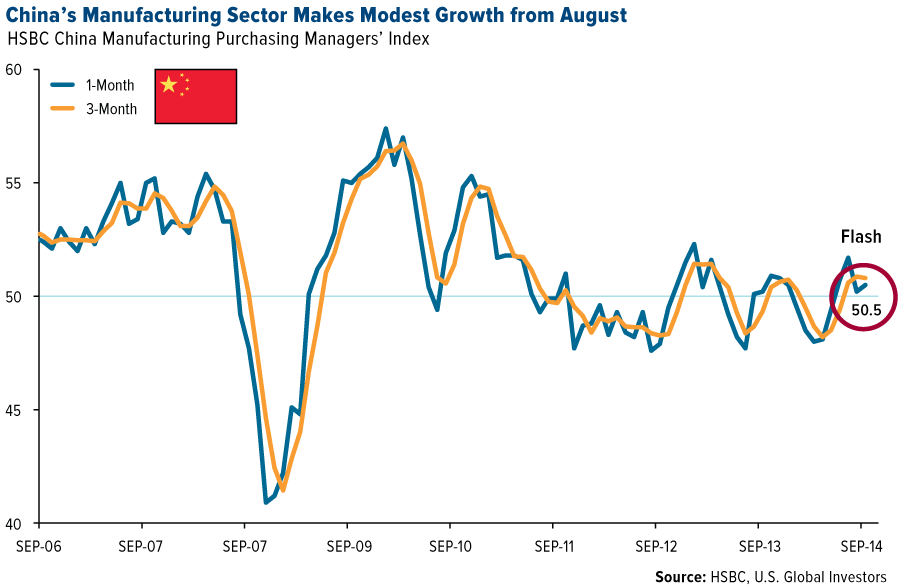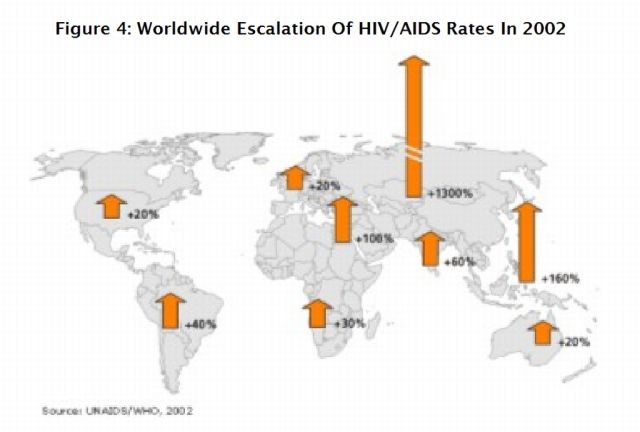How the Economy of China Affects the US Economy
Post on: 8 Апрель, 2015 No Comment

Facts About China and Its Economy
China has 1.36 billion people, more than any other country in the world. China’s economy produced $13.39 trillion in 2013, (based on purchasing power parity ). It’s the third largest in the world, after the U.S. ($16.72 billion) and the European Union ($15.83 billion) .
China is still a relatively poor country in terms of its standard of living. Its economy only produces $9,800 per person, compared to the GDP per capita of $49,800 for the U.S. This low standard of living allows China to pay its workers less, making its products cheaper, which lures overseas manufacturers to outsource jobs there. (Source: CIA World Factbook, China Economy )
China’s Economy Depends on Exports to U.S.
China became the world’s largest exporter in 2013. It exported $2.21 trillion of its production, beating the EU, at $2.173 trillion and the U.S. at $1.575 trillion.
China ships 17% of its exports to the U.S. creating a $315 billion trade deficit in 2012. While China needs the U.S. it’s increasing its trade with Hong Kong (14.1%) and Japan (7.8%). It’s encouraging trade with African nations, investing in their infrastructure in return for oil. Finally, China is increasing trade agreements with other Southeast Asian nations, and with many Latin American countries.
What Does China Export?
China does a lot of manufacturing for foreign businesses, including U.S. companies. The raw materials are shipped to China, where factory workers build the final products and ship them back to the U.S. In this way, a lot of China’s so-called exports are really for American companies for American consumers.
China primarily exports electrical and other types of machinery, especially computers and data processing equipment, as well as optical and medical equipment. It also exports apparel, fabric and textiles. It imports raw commodities from Latin America and Africa, such as oil and other fuels, metal ores, plastics and organic chemicals.
China Is the Biggest Banker to the U.S.
China is the largest foreign holder of U.S. Treasury bills, bonds and notes. As of December 2014, China owned $1.24 trillion in Treasuries. That’s about one-fifth of the public debt held by foreign countries. China beefed up its holding since the U.S. debt crisis in July 2011, when it held $1.173 trillion.
China buys U.S. debt to support the value of the dollar. China pegs its currency (the yuan ) lower than the U.S. dollar to keep its export prices competitive. (Source: U.S. Treasury, Major Foreign Holders )
China’s role as America’s largest banker gives it leverage. For example, China threatens to sell part of its holdings whenever the U.S. pressures it to raise the yuan’s value. China counters by saying it did raise the yuan’s value by 20% between 2005-2010. For more, see What Is the U.S. Debt to China?
Why China’s Growth Is Slowing
China’s economic growth rate is slowed to 9.3% in 2011, 7.7% in 2012, and just 7.6% in 2013. It had enjoyed 30 years of double-digit growth. Unfortunately, it was fed by government stimulus spending, business investment in capital goods, low interest rates. and state protection of strategic industries such as banking. This success led to 5.5% inflation in 2011, a real estate asset bubble. growth in public debt. and severe pollution.
The government’s emphasis on job creation and business development based on exports left little for social welfare programs. This forced the Chinese population to save for their retirement, strangling domestic demand. Most of the growth has occurred in the cities along China’s east coast, attracting 250 million migrant workers to these urban areas.
Chinese leaders must continue to stimulate growth and create jobs for all these workers, or face unrest. They remember all too well Mao’s Revolution. However, at the same time, they must provide more social services, allowing workers to save less and spend more. Only an increase in domestic demand will allow China to become less reliant on exports.
In addition, leaders must crack down on local corruption, and find ways to improve the environmental impact of industrialization. For example, leaders have embarked on an ambitious nuclear and alternative energy program to reduce reliance on dirty coal and imported oil.
How China Avoided the Recession

During the financial crisis of 2008. China pledged 4 trillion yuan, about $580 billion, to stimulate its economy to avoid recession. The funds represented 20% of China’s annual economic output. It went towards low-rent housing, infrastructure in rural areas and construction of roads, railways and airports. China also increased tax deductions for machinery, saving businesses 120 billion yuan.
China raised both subsidies and grain prices for farmers, as well as allowances for low-income urbanites. It eliminated loan quotas for banks to increase small business lending.
China also took a leadership role by dropping interest rates three times in two months. Taiwan followed the lead of its largest trading partner by cutting interest rates four times in two months. (Source: Bloomberg, China Unveils 4 Trillion Yuan Spending as World Faces Recession, November 10, 2008)
From Time to Time, the U.S. Accuses China of Unfair Trade Practices
President Obama continues to work with China to lower the trade deficit. China’s unfair trade practices was a hot topic during the 2012 Presidential debate. During that debate, President Obama recounted how the U.S. Department of Commerce has successfully brought many disputes to the World Trade Organization. over unfair practices involving tires, steel and other materials.
In 2007, the Commerce Department threatened to apply penalty tariffs to Chinese products. For example, it accused China of dumping its paper exports into the U.S. The Commerce Department claimed that China unfairly provided subsidies of 10-20% to its manufacturers of glossy paper used in books and magazines. Trade volume had grown 177% in one year. The U.S.-based New Page Corporation brought the anti-dumping case to the Commerce Department, saying it could not compete against subsidized prices.
Henry Paulson Was Hired to Improve the Trade Deficit
Former U.S. Treasury Secretary Henry Paulson was hired in 2006 to lower the trade deficit with China. He initiated the “Strategic Economic Dialogue” to open China’s market, especially its banking industry. He did meet with several successes, including:
- An increase in central bank interest rates, increasing the value of the yuan 20% between 2005 and 2008.
- Elimination of a 17% tax rebate for exporters.
- An increase in the reserve requirement for central banks to 12%.
- A $3 billion investment in the U.S. Blackstone Group. Article updated March 5,2015.














